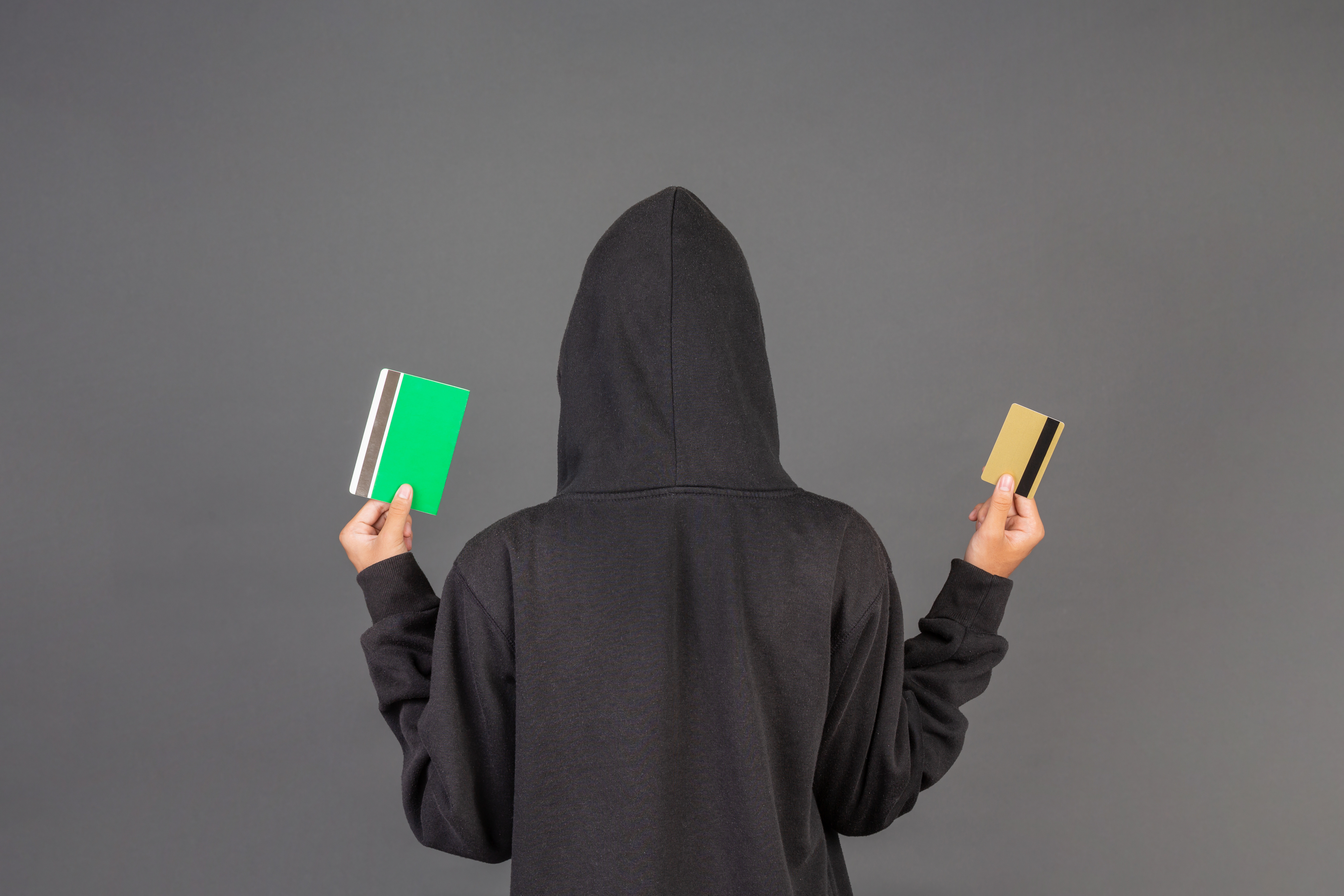The digital era makes it easier for people to store and retrieve personal data from the internet. Additionally, the numerous applications used daily add to the urgency of data security. One security method is authentication.
Authentication consists of various methods, such as PIN and OTP codes. But did you know that these authentication methods are no longer secure? As technology advances, hackers' ability to bypass authentication has become more sophisticated.
This article will discuss why authentication methods like PINs and OTP codes are no longer effective today.
What is Authentication?
Authentication is the process of verifying someone's identity before granting access to a system or specific information. Its purpose is to ensure that the person attempting to access the data or system is authorized. This process typically involves checking credentials such as passwords, PINs, or biometric data to confirm the user's identity.
Types of Authentication
There are several common authentication methods:
1. Knowledge-Based Authentication (Something You Know)
This method involves information known only to the user, such as a password or PIN. The user must enter this information to prove their identity.
2. Possession-Based Authentication (Something You Have)
This method involves something the user possesses, such as an ID card, a physical token, or an OTP (One-Time Password) sent to the user's device.
3. Biometric-Based Authentication (Something You Are)
This method uses the user's unique physical or behavioral characteristics, such as fingerprints, facial recognition, voice, or iris scans. Biometric authentication is considered more secure because these characteristics are difficult to fake or access by others.
Why PINs, Passwords, and OTP Codes Are No Longer Relevant
Drawbacks of PINs and Passwords
Studies show that 90% of passwords are vulnerable to hacking. Weak or easily guessed passwords can be cracked using brute force attacks. Additionally, about 65% of users reuse the same passwords across different accounts, increasing the risk of security breaches.
2. Password Confusion
Requirements for complex passwords often cause confusion among users. This can result in weaker passwords that are easier to remember but also easier to imitate or leak. Additionally, managing many passwords for various accounts can be very cumbersome, leading to potential security gaps.
Drawbacks of SMS OTP
1. Vulnerable to Attacks
It turns out that OTP codes sent via SMS are not secure. There are two ways hackers can attack SMS OTP. First, SIM Swapping: Attackers can hijack phone numbers through SIM swapping attacks, intercepting OTPs meant for authentication. In 2023, such attacks increased by 450%. Second, Interception and Phishing: SMS OTPs can be intercepted or used in phishing attacks.
2. Reliance on Cellular Networks
The effectiveness of SMS OTP heavily depends on the availability and reliability of cellular networks. Delays or failures in receiving OTPs can cause user frustration and transaction withdrawals.
3. Poor User Experience
Using PINs and OTP codes often makes the user experience less convenient because they have to remember a lot of information or wait for verification codes. This can discourage users from continuing the process and increase the likelihood of entering the code incorrectly.
Challenges of Single-Factor Authentication (1FA)
Even if you believe that authentication methods like passwords or SMS OTPs are still secure, it is better not to rely solely on one factor of authentication.
Single-factor authentication, such as only a password, does not provide sufficient defense against phishing, malware, and increasingly sophisticated cyber threats. Additionally, accounts protected only by passwords are 50% more likely to be compromised compared to those using multi-factor authentication.
Change to Biometric Authentication
Biometric authentication offers several advantages that make it a better choice for data security:
- High Security: Biometric characteristics such as fingerprints or facial recognition are very difficult to fake or duplicate, making them a tough security factor to forge or imitate.
- Ease of Use: Users do not need to remember passwords or PINs, just use their face for authentication.
- Speed and Efficiency: The biometric authentication process is usually faster than traditional methods, improving user efficiency and convenience. VIDA data shows that logging into a digital banking app with a password takes 5-10 seconds, while biometric authentication takes only 1 second.
- Reduced Fraud Risk: With advanced technology such as liveness detection, biometric authentication can detect impersonation attempts or the use of fake biometric data, reducing fraud risk.
Traditional authentication methods like PINs, passwords, and SMS OTPs are no longer adequate to face modern cyber threats. Adopting technologies such as biometric authentication can enhance security while providing a seamless user experience.

.png)


